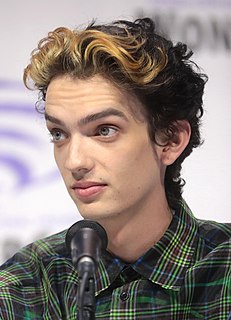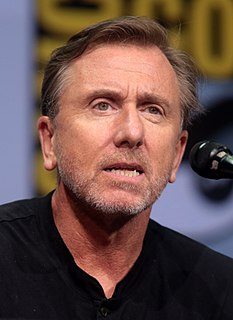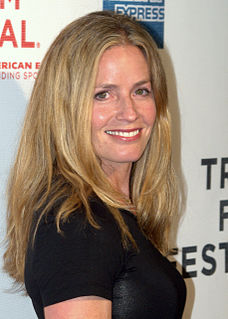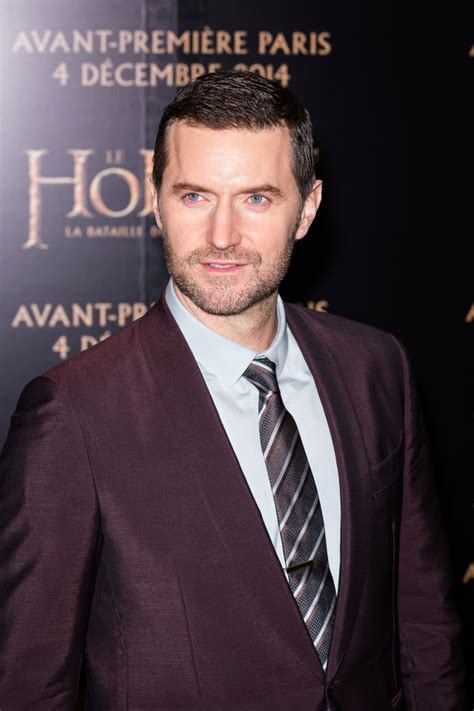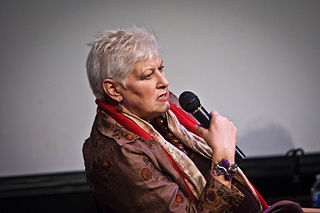A Quote by Chuck Palahniuk
Every character sees the world through a framework of education and experience that they're proud experts about. To write a character, find out what they know best, and THEN you'll know how they'll describe a "hot day." Or a "pretty girl."
Related Quotes
The first thing that happens is the cleansing of the former character. I don't think a lot of actors talk about it, but there is usually a process where you essentially purge yourself of the character played prior to the movie. Then you want to think about what the character represents, and you write down all of the elements about this character and then take the time to find some synchronicity and start breathing the character.
Most of what we know we don't really know first hand. I've never seen a cancer cell. But I trust this community of experts who have, so I believe that cancer exists. But we trust these experts, and we trust that the experts have a system of checks and balances and self-correction. And we have to insist that experts have certain certifications. They're not perfect. Every once in awhile there's an engine falls off the wing of a plane, or a tax audit happens and you find out your expert made a mistake. But it's a pretty good system. It's the best system we've got.
When something arrives, you have no idea what's in it, which is good. And then, it's is the story leaps off the page at you and how your character functions within it. There could be just one scene and if it's wonderful, it doesn't matter how much you're working on it because you just want to be in it. It's really about what your character's day to day world looks like, and if you feel like that's something that's complete, and that you'd like to inhabit for awhile. You'll know by a couple of scenes in. If the character grabs you, you run with it.
I have a good sense of my body in a bathing suit around people who appreciate what I'm doing, like a contest. Then I'm proud. On television I am proud. But on a beach most people are not experts. The general public doesn't know how to look. How proud can you be when they don't even know what they're looking at?
What I do is give Ennio Morricone suggestions and describe to him my characters, and then, quite often, he'll possibly write five themes for one character. And five themes for another. And then I'll take one piece of one of them and put it with a piece of another one for that character or take another theme from another character and move it into this character.... And when I have my characters finally dressed, then he composes.
And then afterwards I worked in advertising for a year which taught me about writing even when you don't want to (laughter) because there's never a moment that you want to write about an Erickson cell phone but you have to. And that's really important you know obviously for the...like if you really want to write, you have to write every day no matter how you feel or you know. And then, yeah, and then I ended up working in TV and then from TV into movies and then directing, so.
The [character] that I was able to crawl into the most was Lilo from Lilo & Stitch. This was sort of a cartoony-looking girl, but her problems were completely real. Her funky world that she createdI mean, you know kids like that. It was very honest and genuine and I wanted to do an honest job, so I thought about the character a lot before I animated it. I really got into the character, where [I] almost felt that pain that she had. The loss of the parents - you need to feel all that. That was a big learning experience for me.


